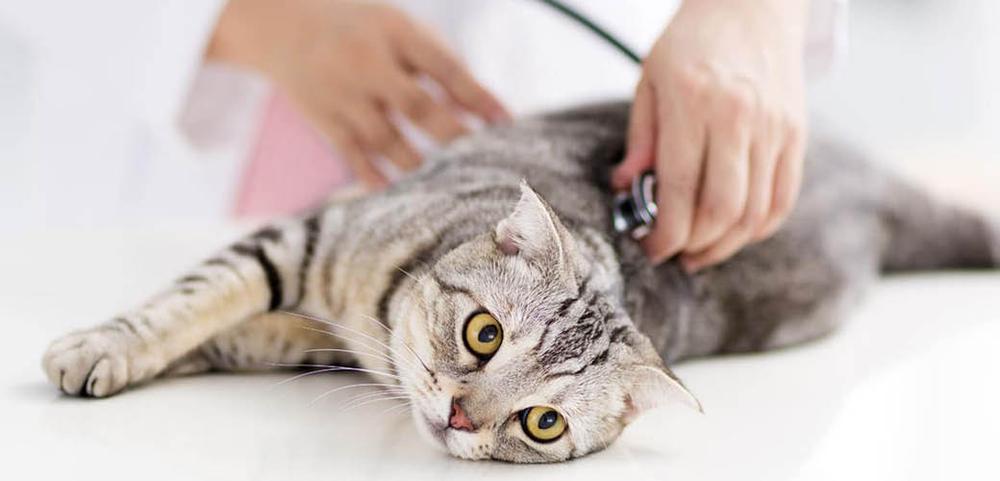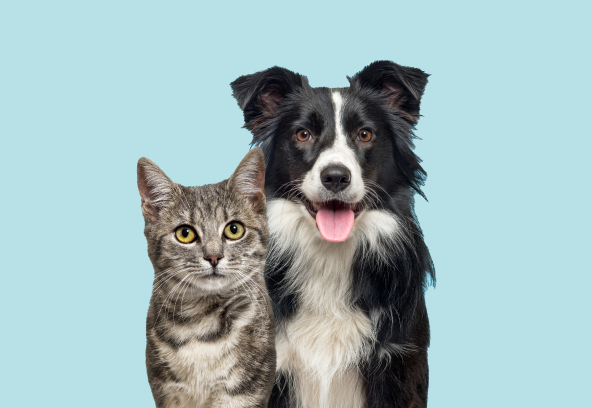Get the most out of your vet visit when it comes time for your cat’s annual check-up. Here’s what to look out for...
10 August 2022
Get the most out of your vet visit when it comes time for your cat’s annual check-up. Here’s what to look out for...
You’ve managed, against the odds, to wrangle your cat into their carrier with minimal stress and are now off to the vet for your cat’s annual check-up. Here’s what you can expect once you’re there.
Your vet will ask you a number of questions
The annual check-up is one of the best times for your vet to get an understanding of your cat’s general health, identify what’s normal for your pet, and determine if there are any areas for concern. Your vet will also try to identify if anything has changed or if your cat is exhibiting any behaviours that may indicate underlying health issues.
Expect your vet to ask you questions about your cat’s behaviour, current diet, and whether they’re up to date with their worm and flea treatments. This is also a great opportunity for you to voice any concerns and ask any questions you may have.
General health check
While asking and answering questions, your vet will begin to examine your cat. They may do this by gently touching around your cat’s abdomen, looking into their ears, eyes, and mouth, and generally giving them a thorough once-over. A physical examination is necessary to make sure that everything feels and looks as it should.
Your vet will also check your cat’s temperature, listen to their heart and lungs, and assess their weight.
Depending on your cat’s age and condition, your vet may run additional tests, including blood, faecal, or urine tests. Cats are well known for hiding illnesses, so these tests will help identify any issues that may not have been picked up during the physical exam.
Administer any required vaccinations
The annual check-up is also the time that your vet will give your cat their booster vaccination shots. These help keep your cat protected against some of the most common diseases, such as:
- Feline enteritis
- Cat ‘flu’
- Chlamydia
- FIV (Feline Immunodeficiency Virus)
Keeping up with vaccinations ensures that your cat remains protected from potentially serious illnesses.
Recommendations for ongoing care
Once the examination is complete, your vet will offer their recommendations for the ongoing care of your cat. If your cat is in great health, this could be as simple as ‘keep doing what you’re doing and see you next year.’
However, if your cat is getting older, or there are any areas of concern, your vet may suggest some things you can do to help improve their health and condition.
This could include a change of diet for weight management or to better suit your cat’s stage in life. Your vet may suggest additional bloodwork to check for any underlying diseases or recommend dental work or medications.
If your vet identifies anything of concern, they may ask you to schedule another visit to investigate the issue further, so that they can determine the best course of treatment and start your pet on it.
The importance of annual check-ups
Annual check-ups are one of the best opportunities to get your cat’s health reviewed by a professional and identify any potential issues early on, so you can get them treated promptly. Of course, if you ever have any concerns about your cat’s health, it’s best to get in touch with your vet as soon as possible.



